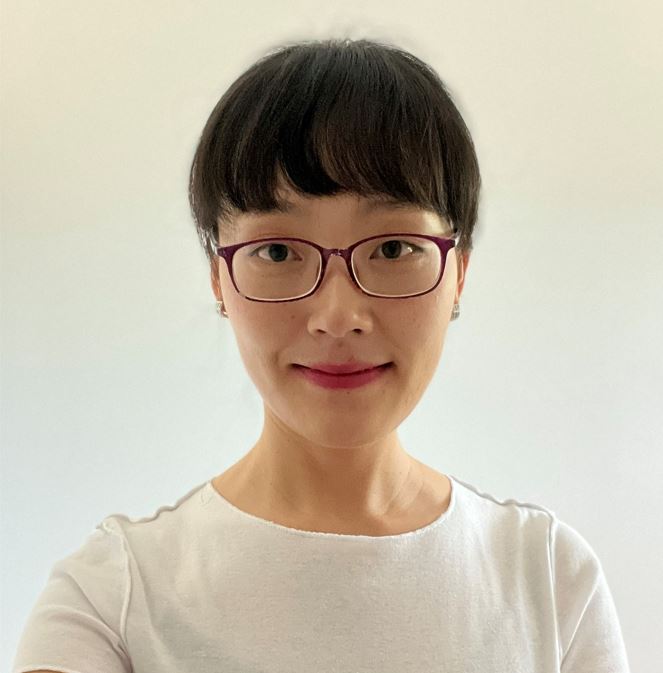3D characterization of crop water use and the rooting system in field agronomic research
Abstract
A new approach to produce 3D characterizations of crop water use and root activity in large on-farm GxExM sorghum experimentation was developed using electromagnetic induction (EMI) instrument coupled with an inversion algorithm. A DUALEM-21S sensor was applied to collect time-lapse and continuous apparent soil electrical conductivity (ECa) data across the study field cropped with 144 G´E´M combinations in three replicates. An artificial neural networks (ANN) model was developed to predict dynamic 3D soil moisture (qv) using the inverted depth-specific true soil electrical conductivity (σ, mS m-1) from the ECa. 3D soil water dynamics and crop water use were successfully predicted with good prediction agreement (LCCC = 0.81) and low prediction error (RMSE = 0.03 cm3 cm-3). The results indicate that the root activity was significantly affected by the depths, growing stages, water levels and plant population and their interactions. The approach appeared to be able to capture GxExM interactions based on the analysis of linear mixed models and recursive partitioning trees. In conclusion, the approach could provide a rapid and cost-efficient opportunity to characterise differences in crop water use and root activity across large field experiments. We also argue that the improved understanding of the 3D crop water use dynamics can help inform complex GxExM interactions in field research.
 Dr Dongxue Zhao
Dr Dongxue Zhao
Dongxue is interested in crop science, digital soil mapping and proximal and remote sensing. She is conducting research on predicting the spatial variation of soil properties by coupling digital data to limited soil property data using models with an emphasis on applying this to the domains of agriculture (i.e., supporting soil management and agricultural production). The digital data includes proximal sensing electromagnetic induction, visible near-infrared spectroscopy and gamma-ray spectrometry and remote sensing satellite imagery. Commonly used models include the use of machine learning, linear mixed model, wavelet analysis, regression kriging and numerical clustering.
Dr Dongxue Zhao, Research Officer at Centre for Crop Science E: dongxue.zhao@uq.edu.au
For any questions, please contact the QAAFI Science Seminar Committee.
For any questions, please contact the QAAFI Science Seminar Committee.
About Science Seminars
Queensland Alliance for Agriculture and Food Innovation hosts science seminars across the disciplines of animal, horticulture, crop, food and nutritional sciences.
With a range of speakers from Australia and abroad, the series explores how high-impact science will significantly improve the competitiveness and sustainability of the tropical and sub-tropical food, fibre and agribusiness sectors.
View Science Seminar pageSign up to receive QAAFI Science Seminar notifications
Email Science Seminar Committee
The Queensland Alliance for Agriculture and Food Innovation is a research institute at The University of Queensland, established with and supported by the Queensland Department of Primary Industries.
Venue
https://uqz.zoom.us/j/83073556966

